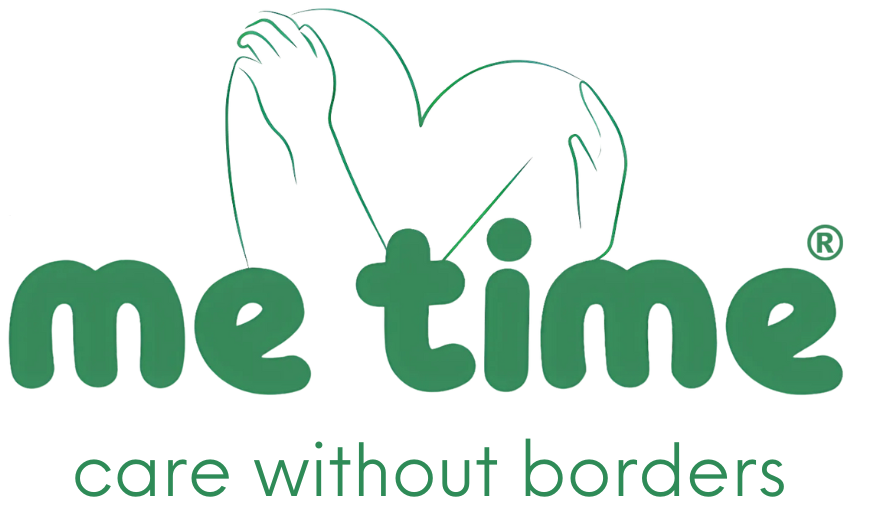Exclusive Offer: Enjoy Free CARA for All Users
Vanessa Toledo, Clinical Psychologist
|
November 22, 2022
The Illusion of Workplace “Family”: Unmasking the Realities of Workplace Culture

The Illusion of Workplace “Family”: Unmasking the Realities of Organizational Culture
Ever been told your workplace is like a family? It’s a comforting idea, right? Feeling like you're part of a tight-knit group can be incredibly reassuring. However, the concept of a workplace “family” often masks some less-than-ideal realities about organizational culture. Let’s dive into this illusion and unveil what’s really going on behind those friendly facades.
What Does "Workplace Family" Really Mean?
At first glance, being part of a “family” at work sounds fantastic. It suggests a supportive, inclusive environment where everyone looks out for each other. But dig a little deeper, and you’ll find that this idea often blurs the lines between personal and professional boundaries, leading to expectations that might not be entirely fair or realistic.
The Realities Behind the Facade Unclear Boundaries:
When a workplace is described as a family, it can create confusion about professional boundaries. Employees might feel pressured to stay late, work weekends, or even sacrifice their personal time because, well, “family” needs them. This blurring of lines can lead to burnout and resentment.
Expectations vs. Reality:
In a real family, support is unconditional. However, in a workplace “family,” support is often contingent on performance and productivity. If an employee doesn’t meet certain expectations, they may find the supposed familial support quickly vanishes.
The Guilt Trap:
Ever felt guilty for taking a sick day or going on vacation because you’re leaving your “family” in the lurch? This guilt can be a significant emotional burden and is a byproduct of the workplace family myth.
Conflict Avoidance:
Families might avoid confronting issues directly to maintain harmony. In a workplace, this can translate to unresolved conflicts and underlying tensions, which ultimately harm productivity and employee morale.
The Impact on Employees Increased Stress:
The pressure to conform to the “family” dynamic can lead to heightened stress levels. Employees may feel obligated to overextend themselves, leading to burnout and decreased job satisfaction.
Lack of Work-Life Balance:
The expectation to always be available can severely disrupt an employee’s work-life balance. Personal time becomes compromised, affecting overall well-being and happiness.
Potential for Favoritism:
Just like in a family, favoritism can rear its ugly head in the workplace. This can create a toxic environment where meritocracy takes a backseat, leading to frustration and disengagement among employees.
The Organizational Perspective
From an organizational standpoint, promoting the idea of a workplace “family” can be a double-edged sword. While it may foster a sense of belonging and camaraderie initially, the long-term implications can be detrimental.
High Turnover Rates:
When employees feel overworked and under-appreciated due to the “family” expectations, they are more likely to leave. High turnover rates can disrupt operations and lead to additional recruitment and training costs.
Reduced Innovation:
A family-like atmosphere might discourage healthy debate and the challenging of ideas, stifling innovation. Employees might feel reluctant to speak up or propose new ideas, fearing they might upset the “family” balance.
Management Challenges:
Managers might find it challenging to maintain professional relationships and enforce policies when they are expected to also play the role of a “family” member. This can lead to inconsistencies in management practices and overall inefficiency.
Creating a Healthy Organizational Culture
So, how can organizations create a supportive environment without falling into the trap of the “workplace family” illusion? Here are some strategies:
Set Clear Boundaries:
Ensure that professional boundaries are respected. Encourage employees to take their allotted breaks, vacations, and personal time without guilt.
Promote Transparency:
Be open about organizational goals, expectations, and policies. Transparency builds trust and reduces the likelihood of misunderstandings.
Encourage Professional Relationships:
Foster a culture of mutual respect and professionalism. Encourage team-building activities that strengthen professional bonds without overstepping personal boundaries.
Recognize Individual Contributions:
Acknowledge and reward employees based on their performance and contributions rather than trying to maintain a superficial family-like atmosphere.
Provide Support Systems:
Offer support through formal channels such as employee assistance programs, mental health resources, and regular check-ins with managers.
FAQs Q: Is it bad to feel like your workplace is a family? A: Not necessarily. It can be positive if boundaries are respected and the atmosphere remains professional. However, it's essential to be aware of potential downsides and address them proactively.
Q: How can I maintain a healthy work-life balance if my workplace promotes a “family” culture? A: Set clear personal boundaries, communicate them with your employer, and ensure you prioritize self-care and personal time.
Q: What should I do if I feel overwhelmed by my workplace’s “family” expectations? A: Speak with your manager or HR about your concerns. It’s crucial to address these feelings early to prevent burnout and maintain your well-being.
The idea of a workplace “family” can be alluring, but it's often more illusion than reality. Recognizing the potential pitfalls of this concept is the first step toward creating a healthier, more balanced organizational culture. By setting clear boundaries, promoting transparency, and encouraging professional relationships, companies can foster a supportive environment that respects both personal and professional needs.
Remember, while it's great to have a supportive workplace, it's equally important to maintain professional integrity and personal well-being. After all, a thriving employee is a productive employee.

Need support on your wellness journey?
You don't have to wait to talk to someone. Our licensed providers have availability every week, making it easy to start when you're ready.


Need support on your wellness journey?
Whether you're navigating something difficult or simply looking to improve your well-being, our licensed providers are here to help.
You don't have to wait to talk to someone. Our licensed providers have availability every week, making it easy to start when you're ready.



